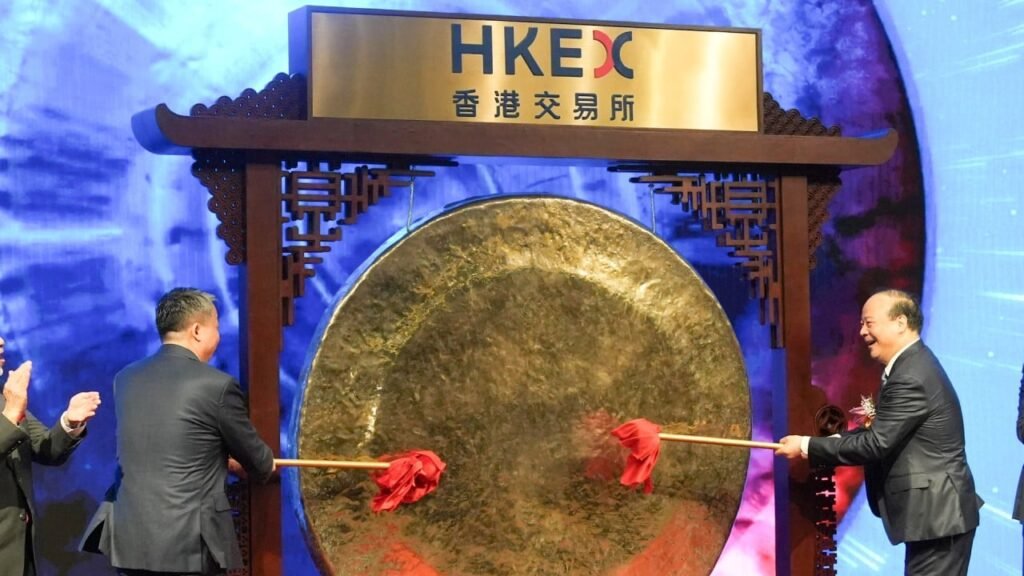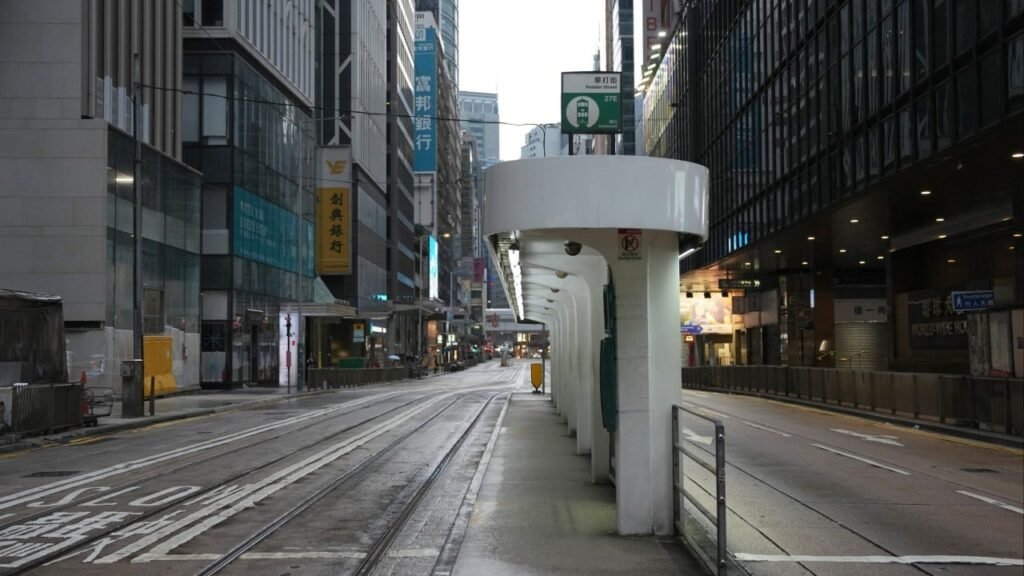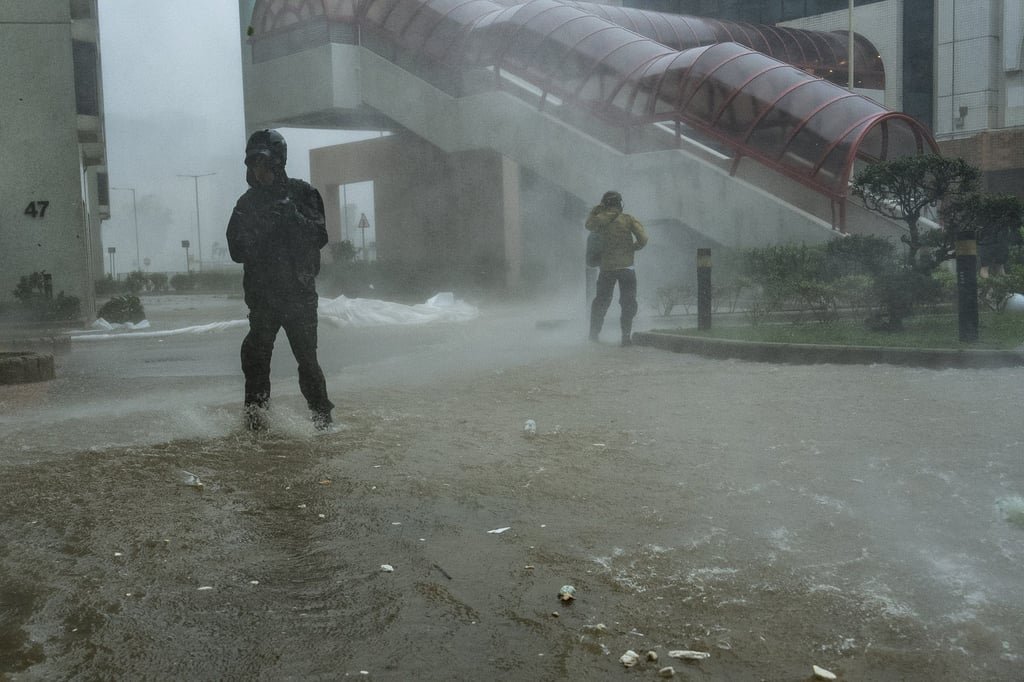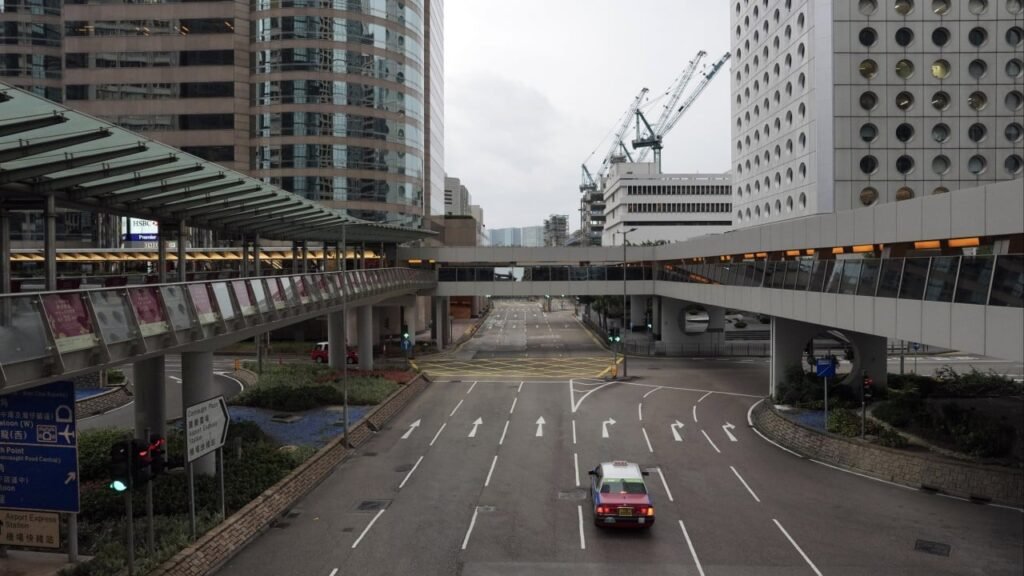Three in five multinational companies expect costs to rise due to ongoing geopolitical uncertainties, which is spurring their adoption of artificial intelligence and smart manufacturing to offset financial pressure, according to a Standard Chartered survey on Wednesday.
About 62 per cent of top executives surveyed predicted cost increases of 5 to 14 per cent in the next three to five years. Cost concerns were pronounced among Asean companies because of financial pressure from supply chain realignment, tariffs and geopolitical uncertainty affecting trade routes.
“We are seeing strong demand from clients to evolve their global trade and supply chain ecosystems and accelerate the adoption of smart manufacturing and AI to drive efficiencies and offset rising costs,” said Sunil Kaushal, CEO for Asean and South Asia at Standard Chartered.
The survey polled 1,200 C-suite executives and other senior leaders from July to early August across 17 global markets, including the Middle East, the UK, the US, Hong Kong, mainland China and Asean.
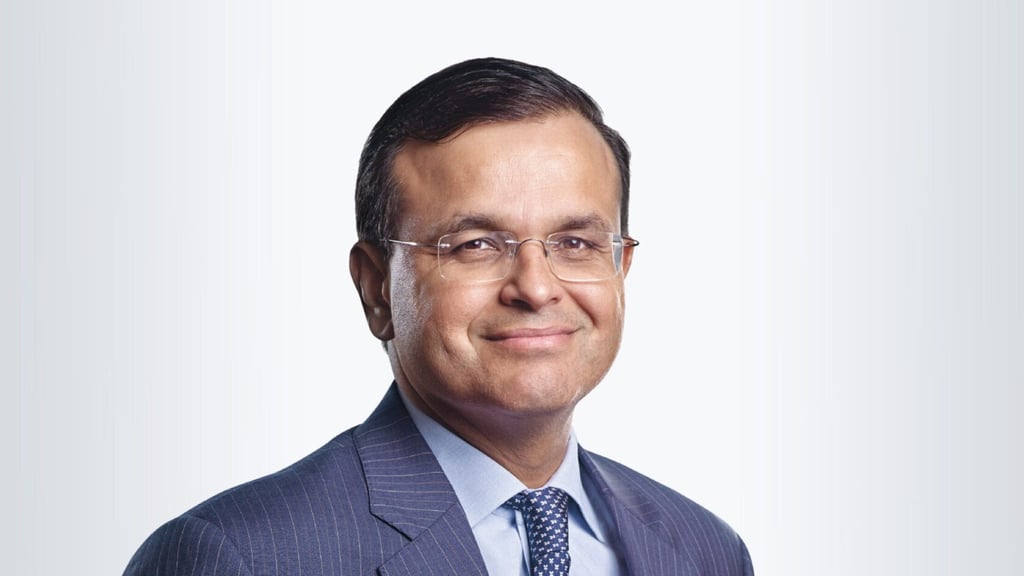
The rise of AI and digital assets has made technological innovations as important as economic growth patterns and trade tariffs when formulating global supply chain strategies, with 53 per cent of respondents ranking each as the top strategic drivers shaping the future of global trade.


